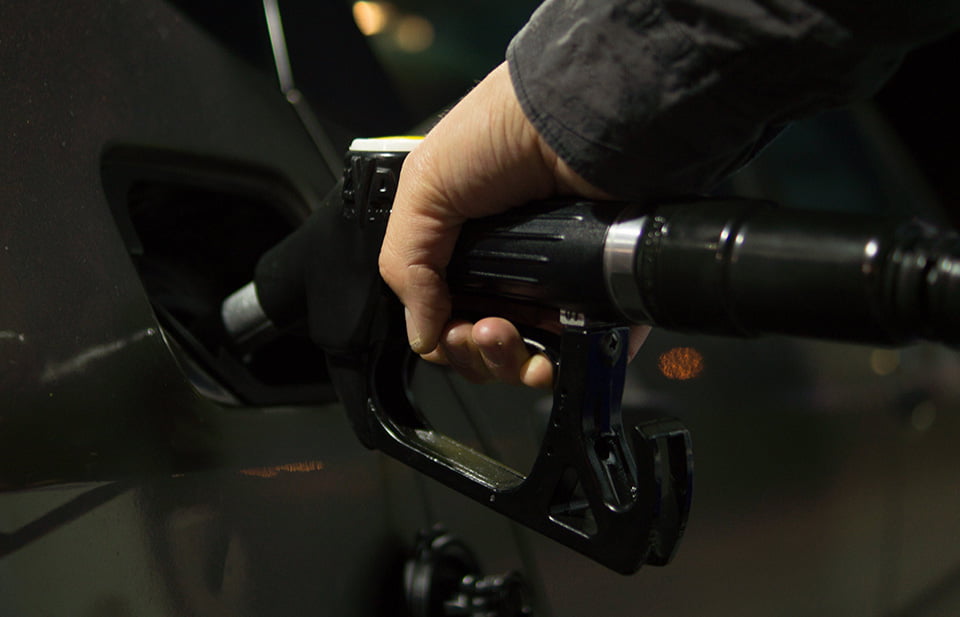HMRC have published the latest advisory fuel rates (AFR) for company car users, effective from 1 December 2023, with an increase to diesel rates.
The advisory fuel rates have risen by 1p and 2p for some sizes of petrol engines and diesel vehicle rates are up by 1p for all engine sizes. There is a minimal increase in LPG engine rates for 2000cc plus vehicles compared with the September 2023 rates, while the electric rate is reduced.
The previous rates, effective from September 2023, can be used for up to one month from the date the new rates apply.
The rates only apply in the following circumstances:
- to reimburse employees for business travel in their company cars; or
- when employees are required to repay the cost of fuel used for private travel.
These rates cannot be used in any other circumstances other than those outlined above. If the rates are used, it is not necessary to apply for a dispensation to cover payments made.
From 1 December 2023, the advisory electricity rate for fully electric cars will be 9p per mile, down from 10p last quarter, and will be reviewed quarterly moving forward, in line with advisory fuel rates.
Advisory fuel rates from 1 December 2023
| Engine size | Petrol – amount per mile (previous) | LPG – amount per mile (previous) |
| 1400cc or less | 14p (13p) | 10p (10p) |
| 1401cc to 2000cc | 16p (16p) | 12p (12p) |
| Over 2000cc | 26p (25p) | 18p (19p) |
| Engine size | Diesel – amount per mile (previous) |
| Up to 1600cc | 13p (12p) |
| 1601cc to 2000cc | 15p (14p) |
| Over 2000cc | 20p (19p) |
(For advisory fuel rate purposes, hybrid cars are treated as either petrol or diesel cars).
Get in touch
If you have any questions regarding advisory fuel rates, including when it is necessary to reimburse employees for business travel, get in touch with tax manager, Julie Walsh, by clicking the button below…




